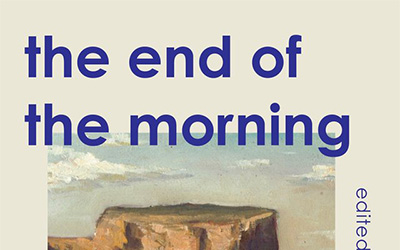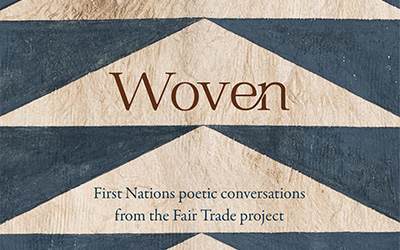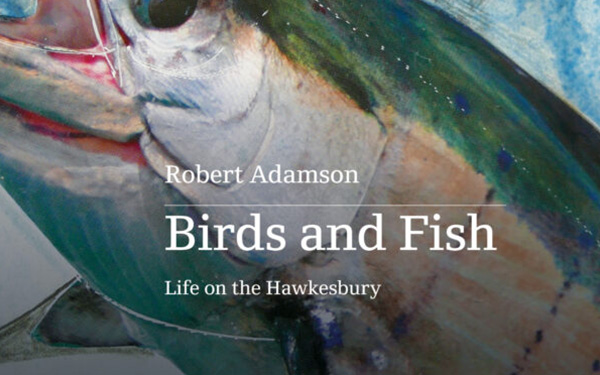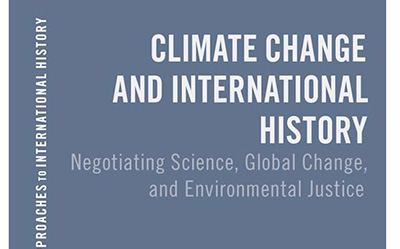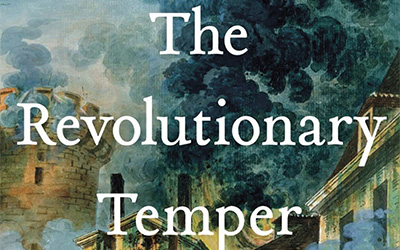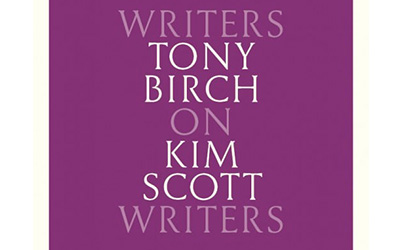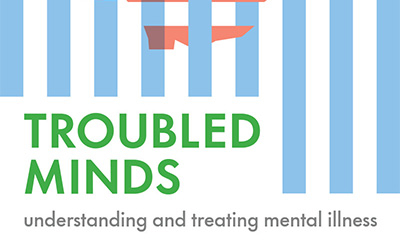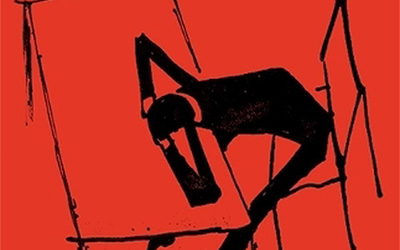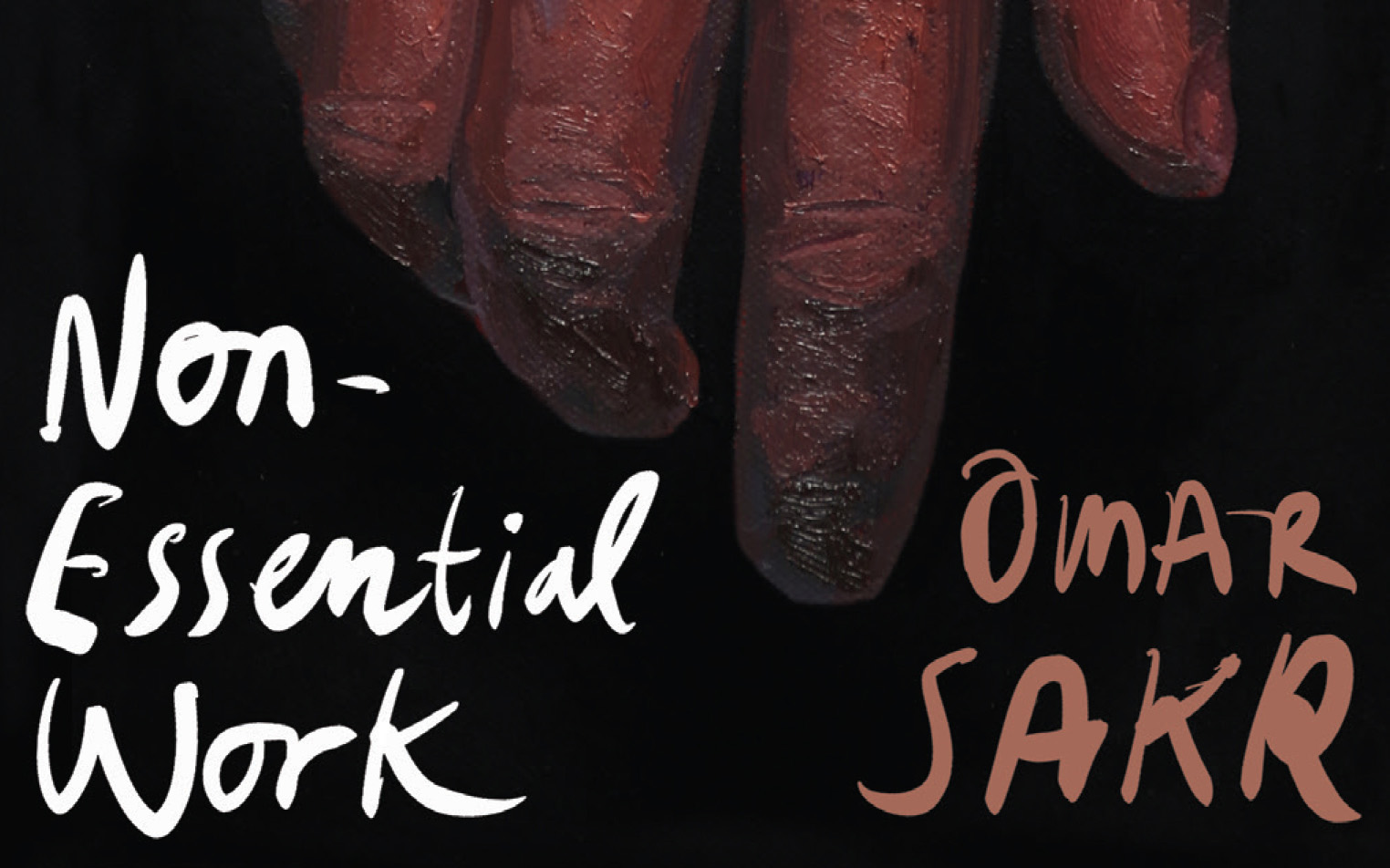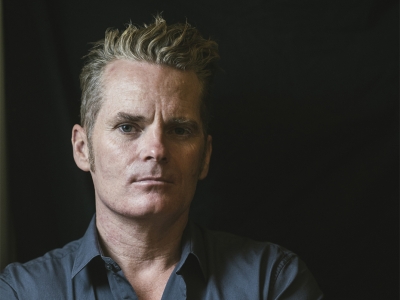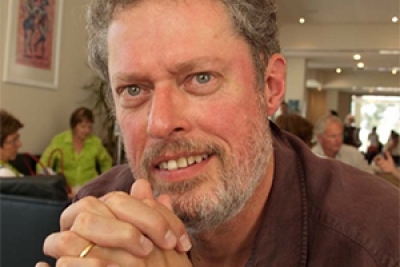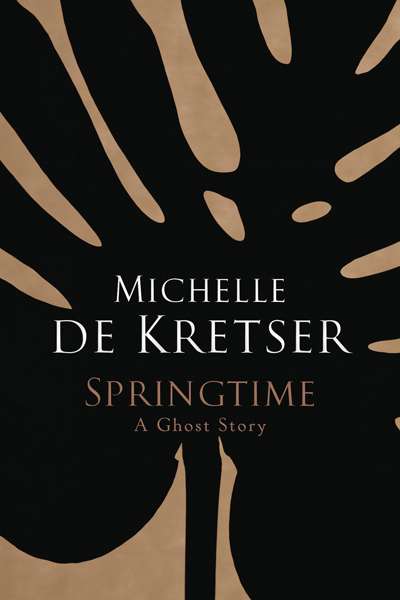Fiction
The End of the Morning by Charmian Clift
Charmian Clift was a novelist, travel writer, and essayist who, with her writer husband George Johnston, lived with their young family on the Greek island of Hydra from 1955 to 1964. One member of the artist community who gathered around them there, the young Leonard Cohen, described them as having ‘a larger-than-life, a mythical quality’. That mythical quality was matched by real-life fame when, on their return to Australia, George’s novel My Brother Jack (1964) met with huge success, and Charmian became widely known and admired for her regular newspaper columns. Yet within five years of their return, both had died prematurely, Charmian by her own hand in 1969 and George of tuberculosis the following year.





